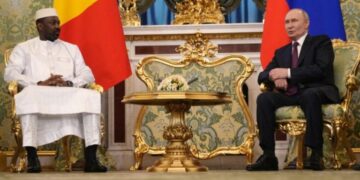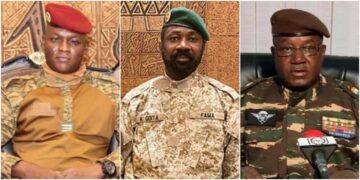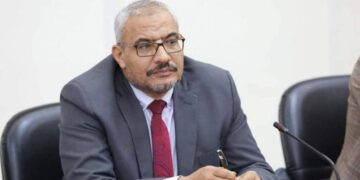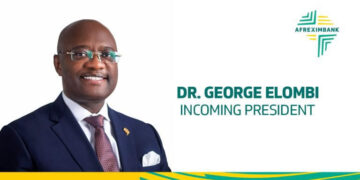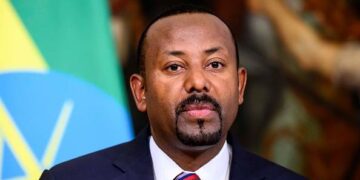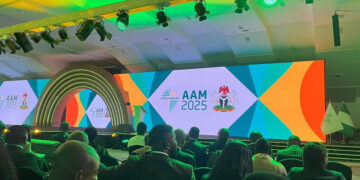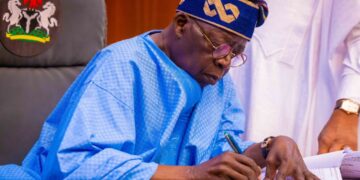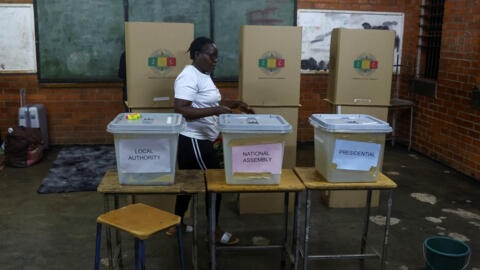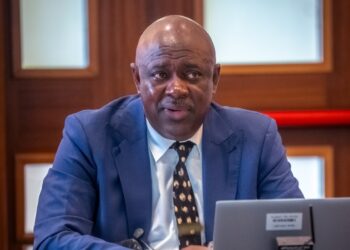By John Ikani
Zimbabweans are heading to polls to participate in presidential and parliamentary elections following a fierce campaign focused on the country’s surging inflation.
A holiday has been declared to allow 6.62 million registered voters the opportunity to cast their ballots.
President Emmerson Mnangagwa faces 10 competitors, including Nelson Chamisa of the main opposition Citizens Coalition for Change (CCC).
A presidential contender needs over 50% of the vote to secure victory.
Should no outright winner emerge, a presidential run-off is scheduled for six weeks later, on 2 October.
This marks the initial election following the passing of Robert Mugabe, a figure who held sway over Zimbabwean politics and the Zanu-PF party for decades.
Mugabe passed away in 2019, nearly two years after being removed from power in a military takeover, succeeded by his deputy, Mr. Mnangagwa.
Polling stations opened at 07:00 local time (05:00 GMT), with voters also selecting local councillors.
Ahead of voting, election officials arranged polling stations in the capital, Harare, while adhering to electoral laws by removing political posters in close proximity.
Police have been deployed countrywide to maintain peace; their numbers will be reinforced by prison officers, according to police chief Godwin Matanga.
Matanga maintained that the pre-election period remained relatively peaceful, despite isolated skirmishes.
Nonetheless, opposition parties assert that police disproportionately banned or disrupted numerous rallies.
An instance of violence earlier this month resulted in the death of a CCC supporter. Police have detained 15 suspects linked to the incident.
The Zimbabwe Electoral Commission (Zec) cautioned against wearing nail varnish or extensions on the left pinkie finger, which will be marked with indelible ink post-voting.
Monitoring groups have raised concerns about alleged anomalies in the voters’ roll, citing names shifted from their typical voting locations to other areas.
Criticism has arisen over last-minute boundary adjustments, potentially leaving voters unaware of their new designated polling stations.
Mr. Mnangagwa, seeking a second term, is keen on international validation for the vote to restructure Zimbabwe’s foreign debt, potentially re-establishing credit lines frozen over two decades ago.
He has grappled with fluctuating inflation; from single digits in late 2017, it surged to 176% in June, receding to 77.2% from 101.3% in July, as indicated by this week’s figures.
Zanu-PF refrained from producing a manifesto, asserting the president’s accomplishments speak for themselves, highlighting mining growth and substantial investments in infrastructure.
However, the CCC contends that ordinary citizens haven’t reaped benefits, with a quarter of Zimbabweans unemployed. Mr. Chamisa intends to abandon the unstable local currency if victorious.
Polls conclude at 19:00 local time (17:00 GMT), with presidential results expected within five days.













